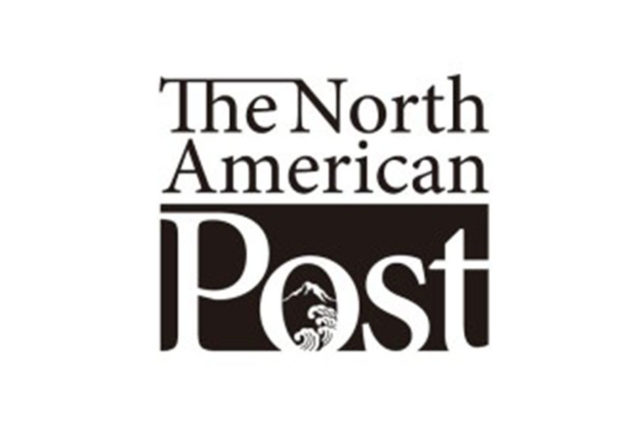By Sumi Suguro Akizuki
For The North American Post
We took the train at a station in Kirkland. We didn’t have to worry about a lot of baggage. My parents and six siblings could only take to camp what we could carry. I took my Bellevue grade school class pictures that I still treasure today.
As the train picked up speed we went right past our farm next to the railroad tracks. We could see the neat rows of strawberry fields and our house in the distance. Dad said the strawberries would be ready in just two weeks. It was going to be a good season.
When I was younger, I had wished that someday, I could ride that train, especially, across the towering Wilburton Trestle in Bellevue. Each day, I looked up in awe as our school bus took us under the picturesque, historic railroad trestle every day.
The irony is that my wish came true on May 20, 1942.
The coal-driven locomotive, carrying all of the Japanese families from the east side of Lake Washington, crossed the Wilburton trestle.
Everything was top secret so they didn’t tell us where we were going. It took four days because we traveled only at night. They put our train on side tracks with the shades pulled down during the day. We didn’t know where we were until we arrived in central California– the Pinedale assembly center.
What seemed like an adventure was not at all like I thought it would be.
My first train ride also marked a time of sadness and uncertainty.
[Note]: Sumi Suguro Akizuki was born in Bellevue, Wash. In 1929. Her family was among the 70 Japanese families that cleared the land that became Medina, Wilburton and Bellevue. Strong anti-Japanese movement prevailed in Bellevue after World War II. Town meetings were held and reportedly four Japanese homes were destroyed by fire.
Her family’s wartime journey included Pinedale, Calif., Tule Läke, Calif., and return to Bellevue- only 1 of 12 families. This was written in 2009.








